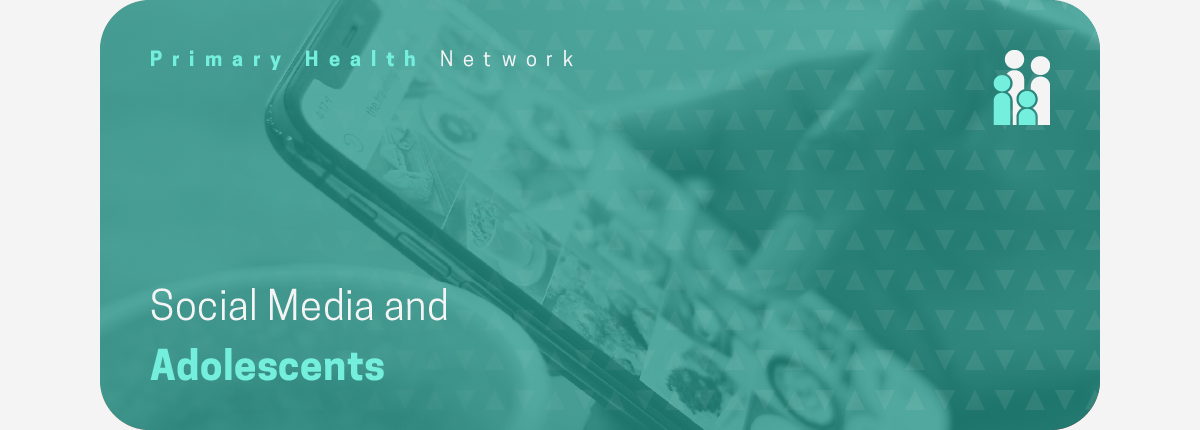
As the popularity of social media grows, the target audiences appear to be getting younger. According to a national poll conducted in October 2021, 32% of parents with children aged 7 to 9 indicated that their children utilized social media apps. Children between the ages of 10 and 12 accounted for 49% of the total. People and families can stay connected through social media, which can be a great outlet. However, there are always drawbacks to the positives. When it comes to excessive social media use, the biggest concern is mental health and the impact on children, teenagers, and adolescents.
Excessive screen time is one of the more serious mental health issues associated with social media, and it can have a negative impact on adolescent physical and mental health. Too much screen time, according to the Frontier in Human Dynamics, “can lead to mental health issues like anxiety, sadness, ADHD, concentration issues, compulsive behaviors, isolation, irritability, sleep problems, and screen fatigue.” Social media platforms are also grounds for dangerous behaviors that could put children and adolescents at risk.
In a world where body image is still a hot topic, social media can provide access to positive body image examples, but it can also provide access to negative body image examples. Children, teenagers, and young adults may feel pressured to emulate the influencers they follow. This can lead to anxiety and depression and could turn into dangerous behaviors like eating disorders. The link between social media and body image was researched in a study published in the International Journal of Environmental Research and Public Health. The study found a link between feeling unsatisfied with one’s own body and how often they compared themselves to people they followed on social media.
It is not necessary for social media to be negative. It can assist children and adolescents in keeping in touch with their friends and relatives. Sometimes, the most difficult aspect of it all is ensuring that your child, adolescent, or teen is using social media in a responsible and constructive manner. However, keeping track of who they’re interacting with and monitoring their use might be difficult at times. It is critical for parents or guardians to keep track of their children’s online activities. Instilling some of the following concepts will help children have a far more positive social media experience while also putting your mind at ease:
- Establish ground rules.
- Keep open communication.
- Get them to take a break.
- If you think they might need more help, don’t hesitate to get them the help they need.
If you feel your child or adolescent needs further assistance, please head to the Primary Health Network for the contact information to schedule an appointment.
